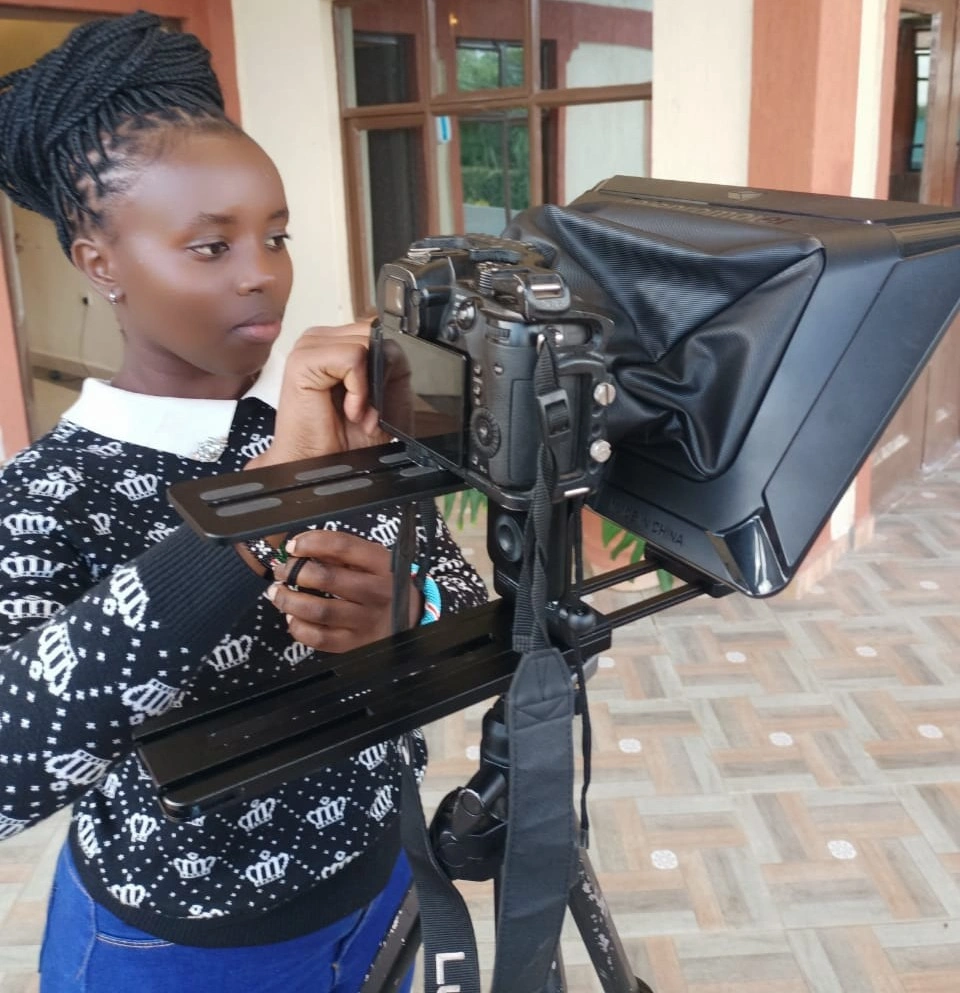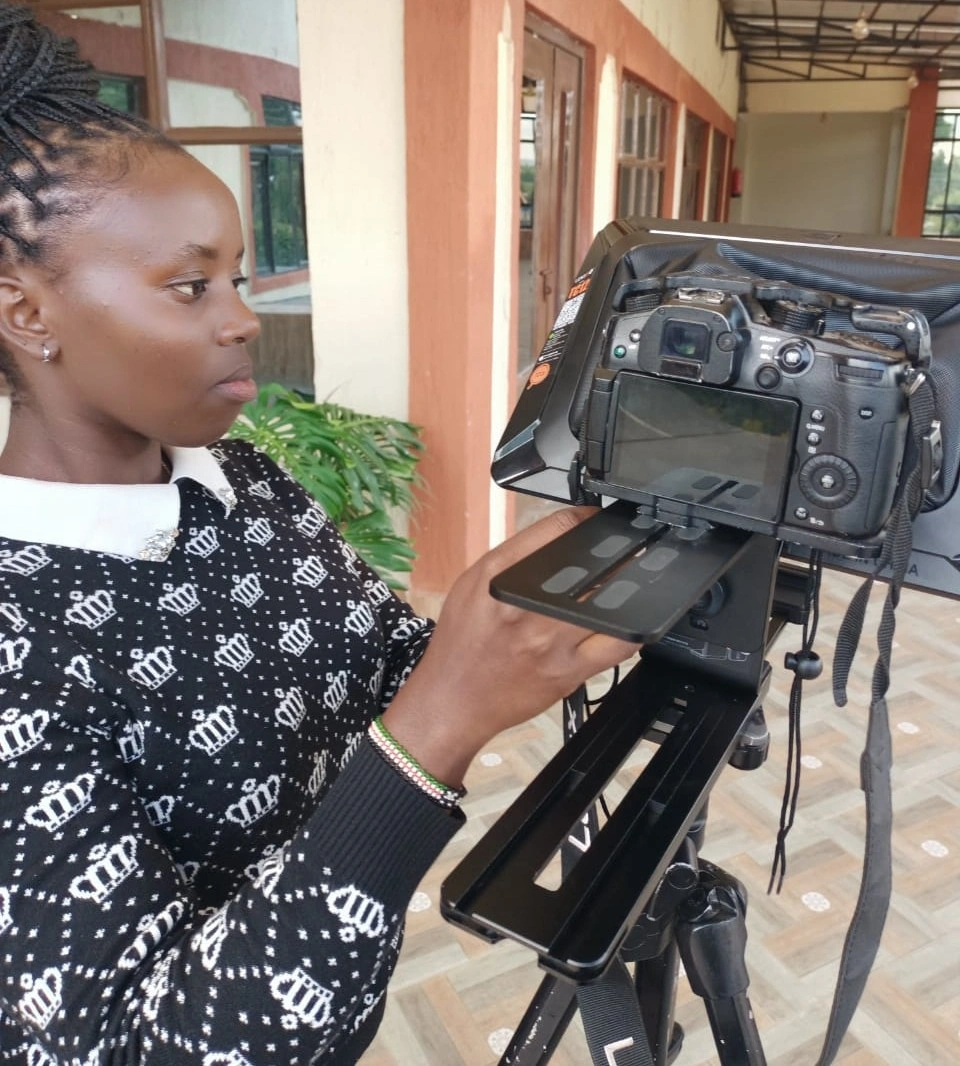.webp)
A significant part of Mr. Wasike’s work has been rooted in northern Kenya, where he has engaged directly with marginalized and indigenous communities, documenting lived experiences and local knowledge systems. His work often focuses on amplifying the voices of pastoralists, women, people with disabilities, and youth, especially in the context of resilience-building and climate justice. He has contributed to multi-agency programs and cross-border initiatives in the ASAL (Arid and Semi-Arid Lands) counties and the Mandera Triangle, producing content that highlights progress, challenges, and best practices in community-based development. His deep understanding of cultural sensitivities, local languages, and traditional systems enhances the authenticity and relevance of his storytelling.
.webp)
Whether working in fragile environments or fast-paced humanitarian settings, Wycliffe brings technical proficiency, cultural intelligence, and narrative skill—making him a valuable asset in documenting real impact.
.webp)
.webp)

.webp)
.webp)
.webp)

.webp)
Knowledge, Documentation, and Transmission
Acha Foundation works with elders and knowledge holders to safeguard indigenous wisdom—ensuring it continues guiding communities.
Through oral histories, research, and multimedia, indigenous knowledge is recorded and preserved for future generations.
Knowledge is passed through education programs, mentorship, storytelling, and cultural platforms.
.webp)
.webp)
.webp)
.webp)
By emphasizing knowledge, documentation, and transmission, Acha Foundation ensures indigenous wisdom is preserved, practiced, and adapted—empowering communities to thrive in a changing world.